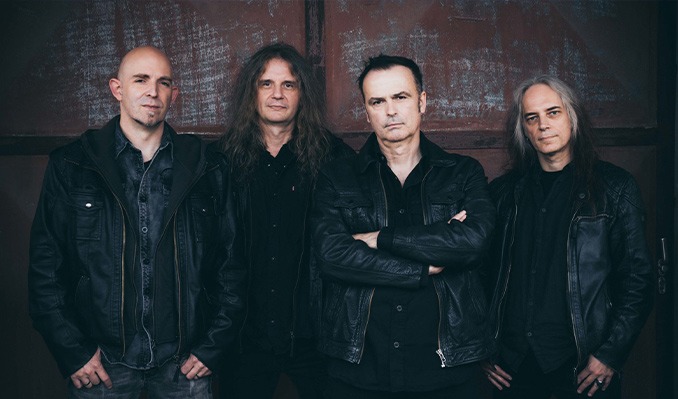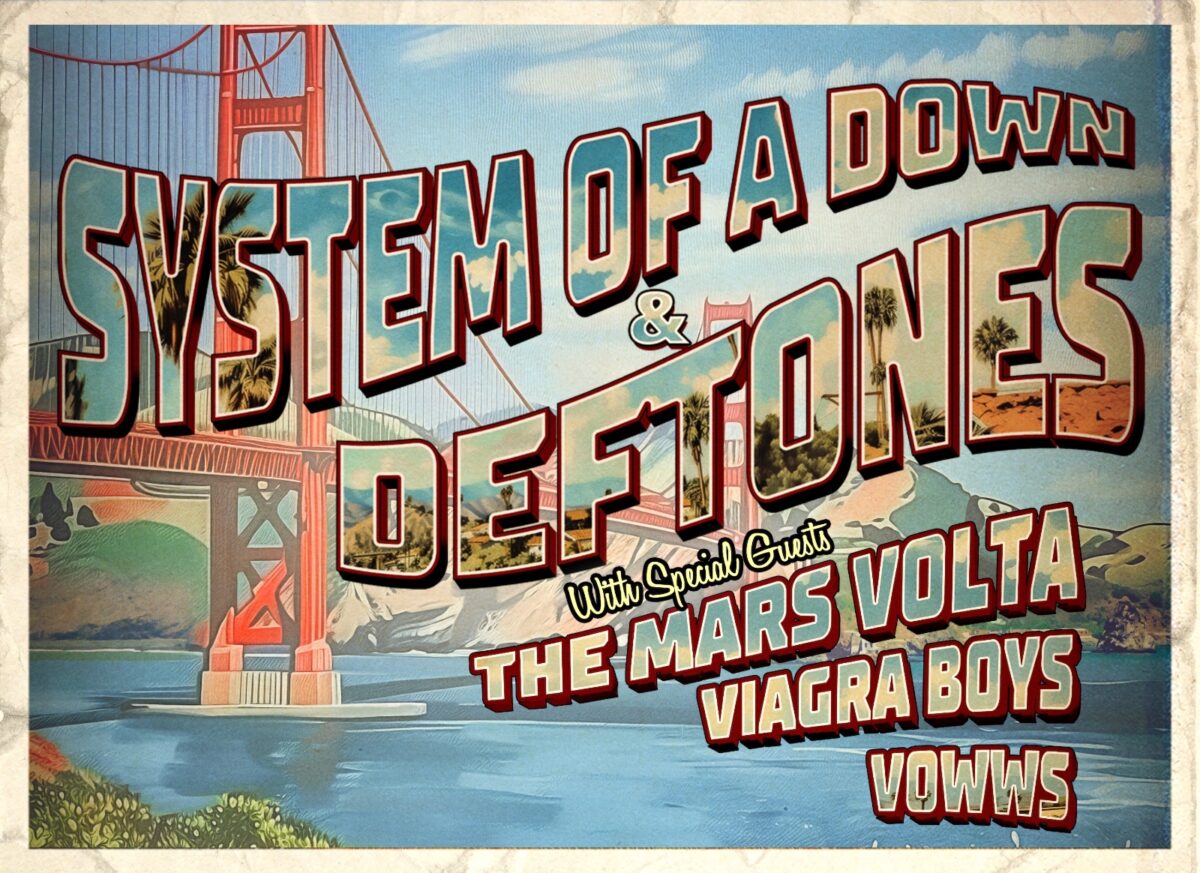Q&A with Peter Silberman of the Antlers
Q&A with Peter Silberman of the Antlers
An Open Book
The loss of a loved one to death, divorce, and breakup are experiences singer Peter Silberman of the Antlers shares on the group’s new album, Hospice. After moving to Brooklyn, Silberman became lost in an unhealthy relationship. He found inspiration through Sylvia, the fictionalized story of the life and suicide of author Leonard Michael’s ex-wife. As one of 2009’s most personal and positively received albums, Hospice has deeply resonated with indie fans much in the same light as Bon Iver’s secluded winter debut in 2008. The Antlers perform on February 8th pat the Warfield. SF Station spoke with Silberman in a phone interview.
SF Station (SFS): What was it like when you first performed this album to a crowd? What were you feeling?
Peter Silberman (PS): Well, it was very different. We first started playing the songs from the record awhile before it came out, but it was a very different point in our career. We didn’t really have very many people coming out to the shows, so it was kind of a strange feeling playing these songs, caring about them, having them be so fresh, and also, sort of fall on deaf ears for a while.
SFS: Is it strange now that you’re more disconnected from the events as time has passed, but now the audiences are larger and more connected?
PS: I would have expected it to mean less, but it always feels like it’s a part of me. Because of the response we got from the record, the people coming out to the shows, and the sort of the connection we feel with the audience, it has taken on a new meaning because it’s become everyone else’s story.
I didn’t want to hold on to this forever. It’s not about having some demons in your past; it’s more about having a shared experience with people.
SFS: In terms of the future, where do you go next?
PS: We’re building our next record right now. Hospice was really an outpouring of pages of lyrics. In order to challenge myself, I’m trying to go in the opposite direction to see what can be said with the fewest words. We’ll see.
SFS: I read about how you created the cacophonous bell noise on “Atrophy,” by stringing several bells on a standing lap and layering the sample. What is your creative musical process like? Can anything become a new instrument?
PS: I think anything can, the trick is to make sure it’s not gimmicky. You don’t want to have a song where it sounds you are playing a garbage can or hitting a shoe on the floor. I think that can be the problem sometimes; it’s a little too cutesy when it is a household object like a tea kettle. For me, it’s about the sound you’re trying to get from it, and the means doesn’t really matter.
SFS: Are there any other examples?
PS: There is, actually. You can hear this creaking sound that is very faint — I think it’s at the end of “Wake” — and it sort of works with the mood of everything, but it was kind of an accident. It was the sound from the chair that I was sitting in that I’ve had for ten years. To me it always sounds like something hanging somewhere, swinging back and forth. For whatever reason that felt appropriate.
SFS: What part of Leonard Michael’s book Sylvia resonated with you?
PS: The weird thing is I was given that book right when I was coming out of the relationship that [b]Hospice[/b] is about. There are a lot of similarities to an experience I’d just been through, I’d say two weeks prior.
SFS: How so?
PS: It’s one of those situations that I don’t think is a rare thing necessarily. People often come across a book or movie and feel like it’s speaking to them. The end of that book is the part that hit really hard. The last page of it is what inspired “Epilogue.”
SFS: It seems to make sense that “Epilogue” was the first song written on the album. Life usually works out starting from the end and working backwards.
PS: Yeah, I remember writing it and knowing that it was going to be the last song on the album. It was sort of like I had to write the ending to work backwards to get to that point.
SFS: Given that your goal was to create the songs on Hospice during a period of isolation, how did you find a balanced perspective between the protagonist and antagonist?
PS: Well, the record wasn’t made during a period of isolation. That quote about isolation is referring to the events within Hospice. That’s really about a closed up relationship — a relationship when you cut out the people in your life because you don’t understand yourself anymore, and you don’t know you anymore. As far as finding the balance it was a lot of just digging up memories and having something be so fresh in my mind that could transform into a different story.
SFS: With all this unexpected success, was it ever discomforting sharing these personal feelings on such a public scale?
PS: It was sort of a situation that I felt when I was done with it, I could either throw it out or get it out to as many people as possible. The success of the record wasn’t going to be how many people bought it, but it was going to be how many people heard it and actually felt a connection with it. I think it ended up with the best possible outcome because it gave this record a strength, and without it, it was just sort of narcissism.
The Antlers perform at the Warfield on February 8th. Tickets are $23-$25. Doors open at 7pm, and the show begins at 7:30pm.







